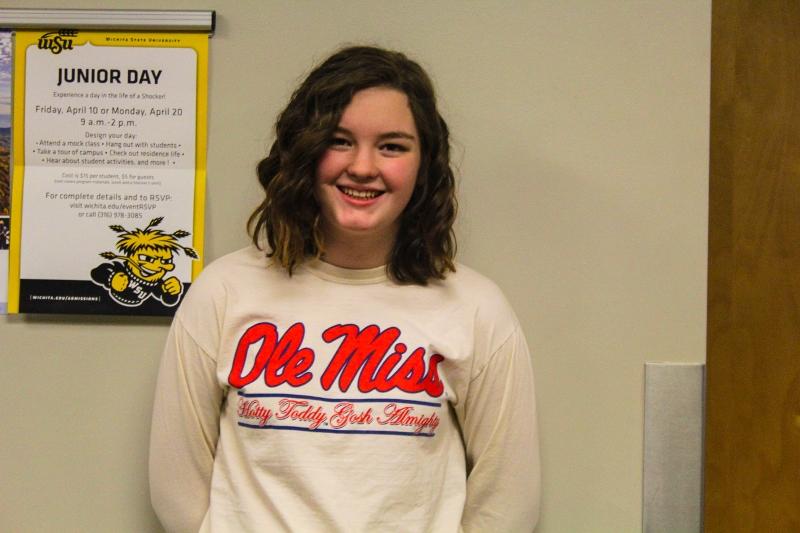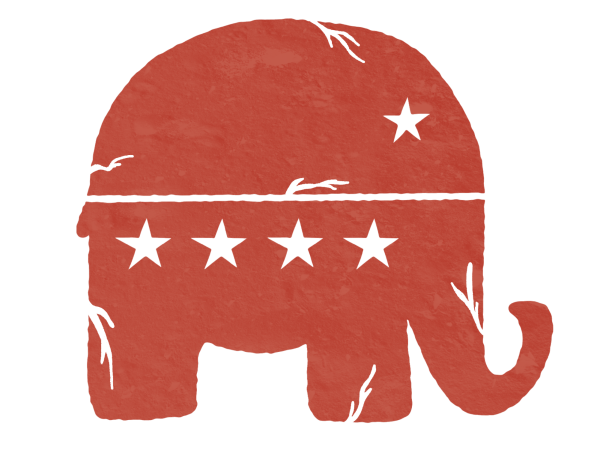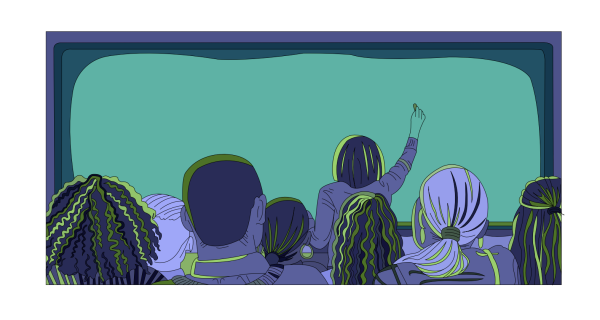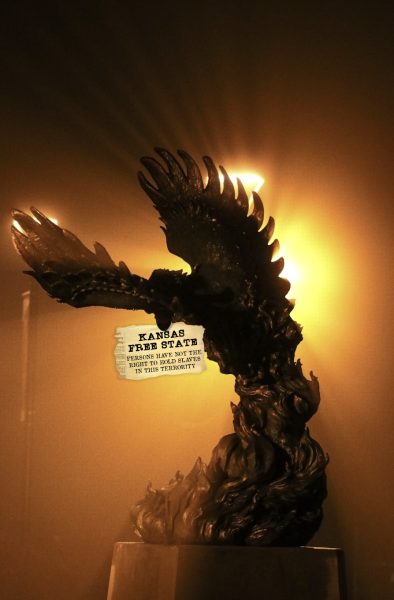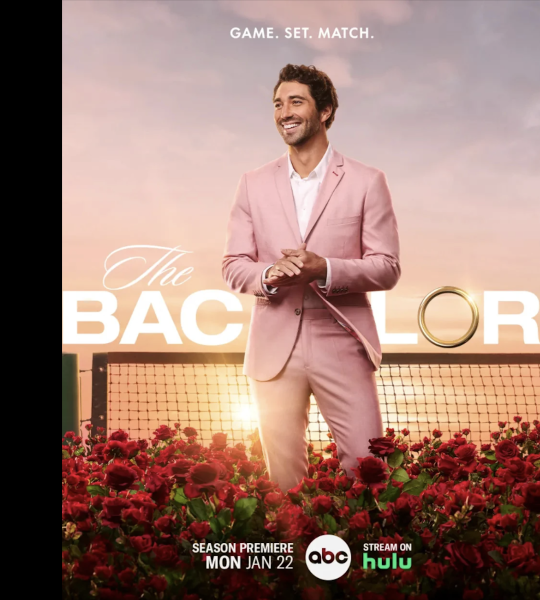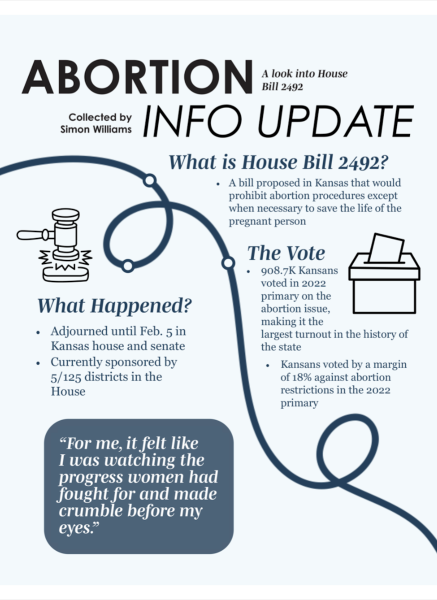Web’s modern-day implications examined
Junior Libby Stanford.
Feb. 26, I opened my Twitter account to find a Buzzfeed post about a dress that was baffling the world. I was in awe over this strange phenomenon and proceeded to message everyone I knew and ask them what colors they saw on this clearly white-and-gold dress. I looked back again at my Twitter feed to see what other people thought, and it seemed as if the whole world blew up.
Everyone from celebrities to my distant relatives were talking about this dress. My grandfather, a man completely oblivious to social media of any kind, made a Twitter account to tell people to “stop worrying about that dress.” Politicians used the dress to seem more relatable. Comedians mocked the public for being so ridiculous. I was in awe, it felt as if the whole world suddenly joined a club. I was part of the club. In that moment, I felt more connected to strangers than I ever have before.
The next morning, however, it completely went away. I heard small tidbits here and there but for the most part it seemed as if the dress had died. No one cared anymore. Everyone moved on, and I felt as if I missed something. The chaos of the night before was completely wiped away.
The power the Internet had, in this situation, baffled me even more than the color of the dress. For eight hours, the whole world was connected by one, slightly ugly dress, and then it completely disappeared.
Social media gives people the ability to spread information faster than ever before. In this case the information was an dress, that was taken in an over-exposed photo that resulted in an optical illusion. Just imagine if the information was actually useful.
I think we’re still connected with people but we’re connected in a different way. It’s so easy to get in contact with someone now, but at the same time the face to face contact, I don’t think we’re really missing it. I see the point of the adults who say that, but I don’t agree with them.
— Kayla Clark
“I think [the ability to spread news quickly is] good,” senior Kayla Clark said. “But I think it’s not good that it happened with something as trivial as [the dress]. Pressing news issues in the world, like the girls that were captured by Boko Haram not many people knew about that. Important things like that that need attention.”
Using the power of the Internet to gain awareness for people who need it is far more important than a debate about a dress. According to Internet Live Stats, 40 percent of the world population has some sort of Internet connection. This means that every post you send out is available to 40 percent of the world.
This statistic seems frightening, but the power it holds is incredibly exciting. In 2011, a phenomenon called Arab Spring erupted. Countries from all over the Middle East were overthrowing their corrupt governments. They would not have been able to accomplish this without the help of the Internet.
Earlier this year, Michael Brown was shot by a police officer, and the town of Ferguson, Mo. was in an uproar. Protests were erupting on every street corner, and the world was able to watch. A death that would have otherwise been categorized as “Ferguson’s problem” was now a nationwide dispute.
The hashtags, “Hands Up Don’t Shoot” and “Black Lives Matter” were trending everywhere. Videos of the protests were littering Twitter and Facebook. People were outraged, and it made a difference. Despite the unfortunate court ruling, in some ways, Michael Brown and his family still received the justice he deserved.
I have often heard people complain about our generations addiction to the iPhone. They claim we are losing the ability to connect with people in our real lives, but they overlook the difference the Internet can make.
“I think we’re still connected with people but we’re connected in a different way,” Clark said. “It’s so easy to get in contact with someone now, but at the same time the face to face contact, I don’t think we’re really missing it. I see the point of the adults who say that, but I don’t agree with them.”
People who did not have a voice, now have a voice. Social media and the Internet holds the ability to change lives, governments and societies faster than ever before. This can be frightening, but the capabilities it holds are so exciting.


